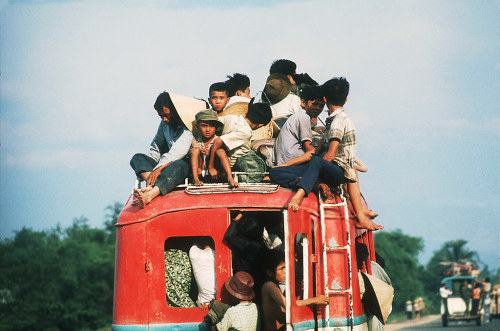
- Series editors
Dr. Catherine Chan, University of Macau, China
- Geographical Scope
- Global
- Chronological Scope
- Early modern to contemporary
- Editorial Board
Prof. Tina Clemente, University of the Philippines Diliman, The Philippines
Prof. Daniel Goh, National University of Singapore, Singapore
Dr. Vivian Kong, University of Bristol, UK
Dr. Bernard Keo, La Trobe University, Australia
Dr. Francisca Lai, National Tsinghua University, Taiwan
Dr. Ka Kin Cheuk, City University of Hong Kong, China
Dr. Sophie Loy-Wilson, The University of Sydney, Australia- Keywords
- Diaspora, Asia, diasporic communities, migration history, transnational connections
- Flyer
- Download flyer
Diasporas in Asia and Beyond
As kaleidoscopes of Asia’s colourful diversity and intricate connections, voluntary and involuntary diasporas carved new spaces for ethnic communities and cultures to take root and flower beyond one or more geopolitical borders. While Asia served as a point of departure for some, it was a stepping-stone for those in transition and a final destination for others. Voluntary or not, diasporas collectively learned to not only live and survive in foreign environments, but also to thrive by harnessing what hostlands had to offer. The heart of the Diasporas in Asia and Beyond book series is to explore diasporic experiences scattered in different parts of the world through rethinking ‘Asia’ as a unique experience for those arriving, as much as it is for those departing.
It accentuates Asia’s transnational and/or cosmopolitan bonds with the world and vice versa by considering the diverse connections, both imagined and actual, that diasporas fabricated in the course of settling in or leaving Asia. The process of re-settlement, establishment, and growth of diasporic communities has produced complex dynamics: changing transimperial or transnational relationships with ancestral homelands, new forms of contestation and collaboration in markets, workplaces, political arenas, social spaces in Asian cities and beyond, conflict and competition with diasporic communities sharing the same heritage elsewhere in the world, and the rise of unprecedented polyglot cultures and hybrid identities that combine local, communal, national, and global experiences, as well as individual and communal pursuits past and present. The series welcomes monographs and edited volumes that focus on accounts and discourses situated in the margins of dominating colonial or national narratives, as well as diasporic experiences with negotiating and establishing spaces of their own that resulted in new forms of collaborations and divisions.
